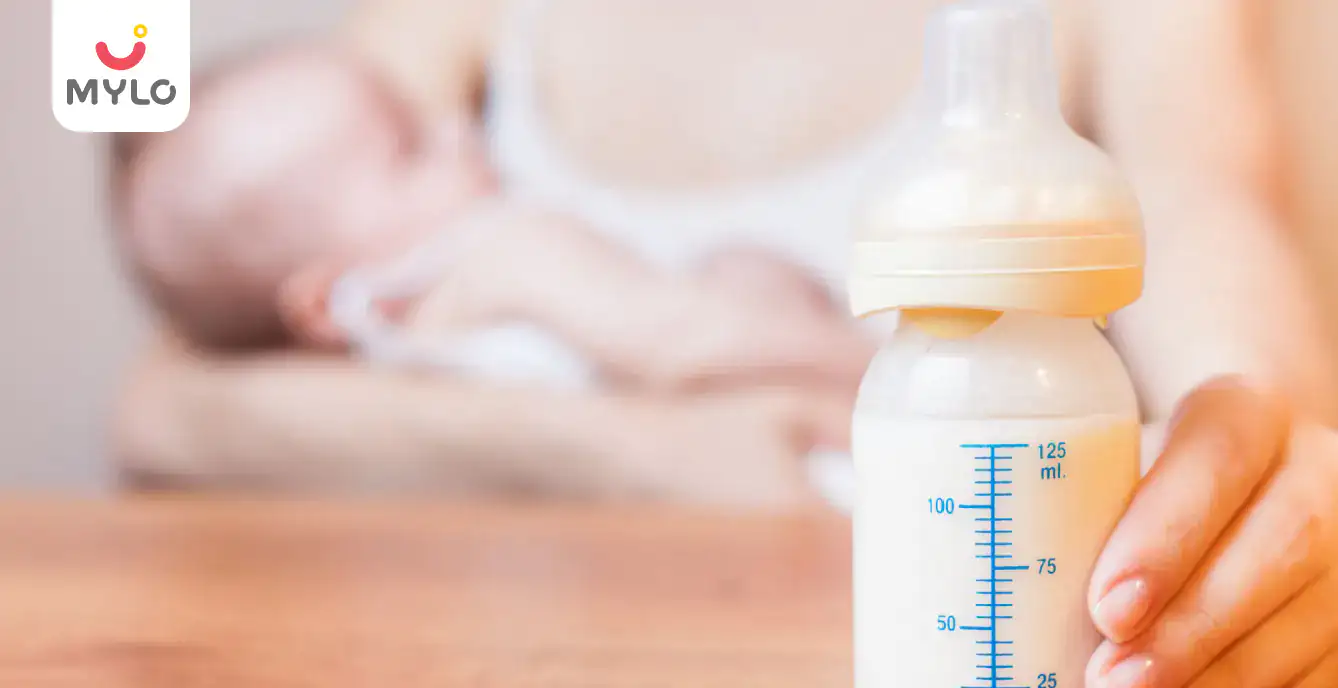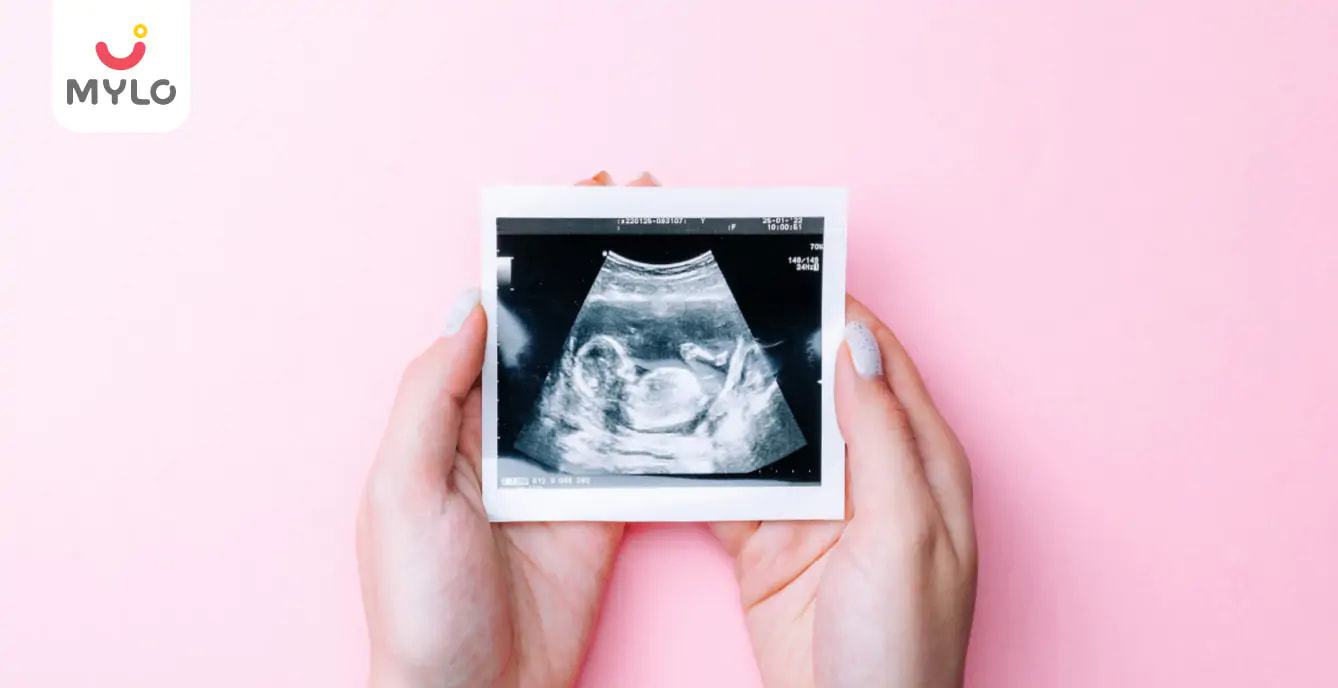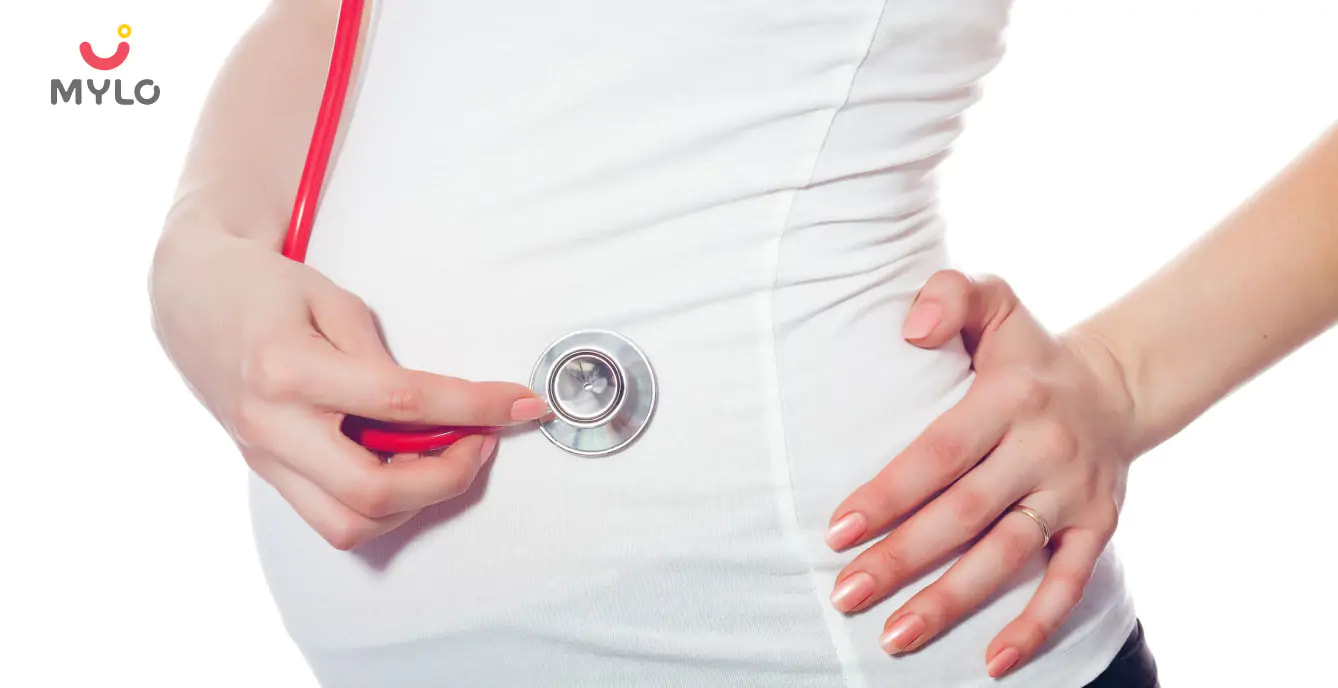Home

What does Quickening mean and when does a pregnant woman start experiencing it?
In this Article

What does Quickening mean and when does a pregnant woman start experiencing it?
Updated on 6 September 2022
During pregnancy, parents look forward to little things that tell them their baby is healthy and happy in the womb. One of the signs that tell the parents that the baby is developing according to the schedule is quickening.
What is Quickening?
Quickening happens when the baby starts moving around in the womb. It generally occurs after the 17th week of pregnancy when mothers start feeling the kicks and other baby movements in the belly. However, in some cases, it might happen sooner or even later, depending upon the baby's development. However, it is entirely normal as long as it occurs between the 13th and 25th week.
Also, in some cases, if the mother has already given birth before, she might not even feel it happening, which doesn't necessarily mean that your baby is not well.
What does it feel like?
Usually, mothers feel flutters, bubbles or twinges during quickening, which can often feel like gas. With time these movements become more prominent, and mothers can differentiate between gas and quickening. During the third trimester, these movements are much more pronounced and feel like kicks and punches, which are painless.
Mothers will feel these movements more at night as the baby rests during the morning and afternoon. Babies also react to certain food items such as caffeine and sugar or sounds and actions such as the father's voice or tapping on the belly.
How often does this happen?
In the beginning, you might not feel these movements every day as your baby is still young and cannot move around too much. However, as the baby grows, you will start feeling it more as the baby does not have enough room to move around. During 24-26 weeks, these movements are most prominent and observable.
What if you don't feel it?
As mentioned above, some mothers who have given birth before might not feel these movements until the third trimester. Whereas the first-time mother can start feeling quickening when they reach the 17th week of pregnancy.
If you still cannot feel any movement by the end of the 20th week, you should consult a doctor to check if your baby is healthy. There is also a guideline for detecting movement after 28 weeks. According to doctors, you must feel at least ten movements every 2 hours to ensure that your baby is perfectly healthy.
Quickening can be a little scary, especially if you don't understand what it means. However, as discussed, it is entirely normal and should not be considered a bad sign. On the contrary, if you do not feel adequate movements, you should consult your doctor.



Written by
Ravish Goyal
Official account of Mylo Editor
Read MoreGet baby's diet chart, and growth tips

RECENTLY PUBLISHED ARTICLES
our most recent articles

Breast Milk
From Leh to Delhi: Mom’s milk for her baby from 1,000km away
Pregnancy
footnote test title
Pregnancy
footnote test title
Pregnancy
footnote test title
Pregnancy
footnote test title
Pregnancy
footnote test title
- footnote test title
- Can stress affect your baby
- How I conceived my Miracle Baby: The incredible journey of a woman from infertility to motherhood
- Mylo ties up with celebrity mom Amrita Rao for its baby care products
- What causes clumsiness during pregnancy and what can you do about it?
- Is is Safe to Use Reusable Nursing Pads during Pregnancy?
- 6 most effective home remedies which help to relieve gas in babies
- Mylo ties up with celebrity mom Amrita Rao for its baby care products
- Sex during the third trimester: Keep these things in mind
- How does an unclean home/environment impact the overall well-being of your baby?
- Is it good to have sex without protection during the first trimester?
- What Babies can hear in the womb: Surprising facts
- New Mom Diet Plan – Month 17 Week 65
- New Mom Diet Plan – Month 16 Week 63


AWARDS AND RECOGNITION

Mylo wins Forbes D2C Disruptor award

Mylo wins The Economic Times Promising Brands 2022
AS SEEN IN

- Mylo Care: Effective and science-backed personal care and wellness solutions for a joyful you.
- Mylo Baby: Science-backed, gentle and effective personal care & hygiene range for your little one.
- Mylo Community: Trusted and empathetic community of 10mn+ parents and experts.
Product Categories
baby carrier | baby soap | baby wipes | stretch marks cream | baby cream | baby shampoo | baby massage oil | baby hair oil | stretch marks oil | baby body wash | baby powder | baby lotion | diaper rash cream | newborn diapers | teether | baby kajal | baby diapers | cloth diapers |








